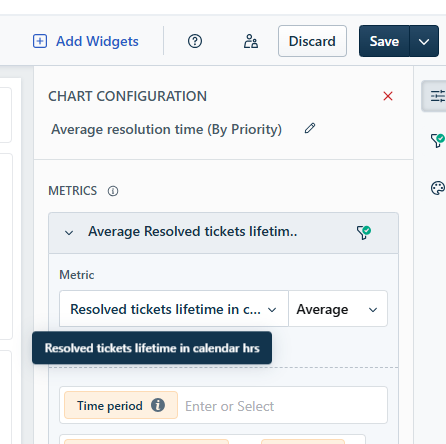There are two built-in metrics you can use in Analytics that sound almost the same, but when applied give different results:
Resolution time in calendar hours
Resolved tickets lifetime in Calendar hours
What exactly is the difference?

 +1
+1There are two built-in metrics you can use in Analytics that sound almost the same, but when applied give different results:
Resolution time in calendar hours
Resolved tickets lifetime in Calendar hours
What exactly is the difference?

Best answer by mahendarsingh
Hi
Thank you for bringing this up.
The difference between the two metrics lies in their scope of measurement:
Resolution Time in Calendar Hours:
Resolved Tickets Lifetime in Calendar Hours:
In summary:
Thank you
Enter your E-mail address. We'll send you an e-mail with instructions to reset your password.